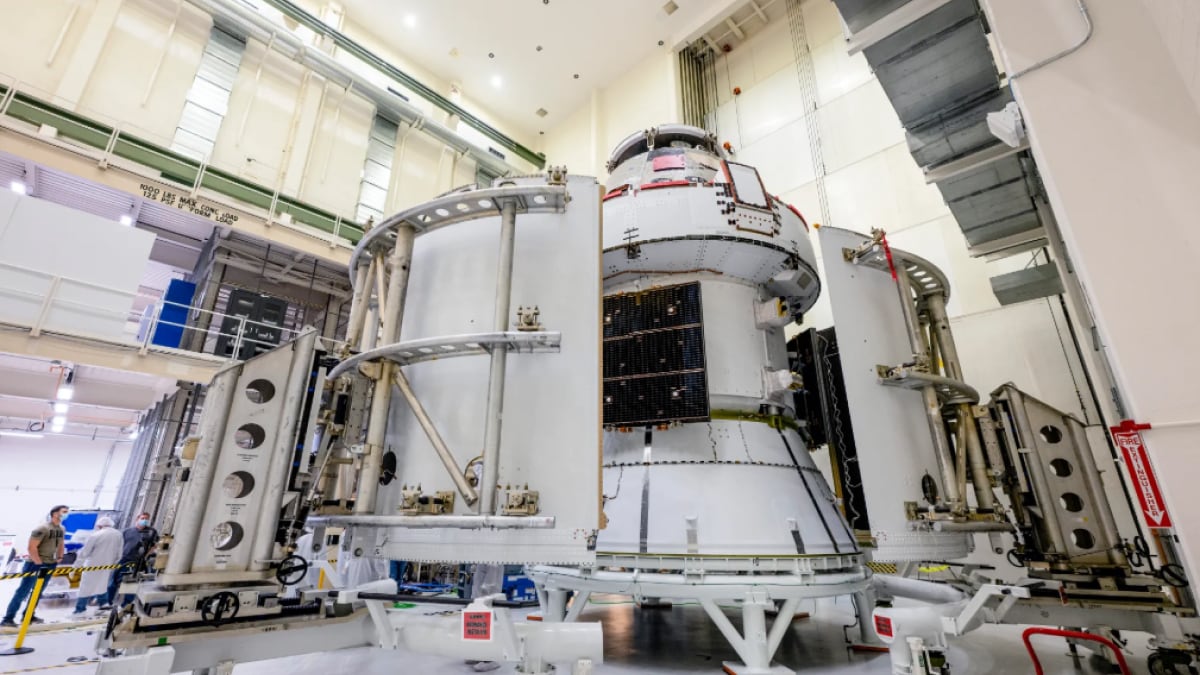
The timeline for NASA’s Artemis programme has been revised, delaying key missions to allow additional time for technical adjustments. Artemis 2, which aims to send four astronauts around the Moon, has been postponed from September 2025 to April 2026, according to recent NASA’s announcement. Similarly, Artemis 3, which involves a crewed lunar landing, has been rescheduled from late 2026 to mid-2027. These delays have been attributed to the need for further preparation of the Orion spacecraft and its systems.
Challenges Identified During Artemis 1
According to latest press release from NASA, the space agency Administrator Bill Nelson said that the adjustments are necessary to ensure safety and readiness for the crewed missions. He stated, as reported by multiple sources, “Space is demanding,” highlighting the challenges posed by deep space exploration.
Artemis 1, an uncrewed mission conducted in late 2022, revealed unexpected wear on Orion’s heat shield during reentry. Deputy Administrator Pam Melroy explained in the briefing that gases trapped in the heat shield due to its “skip” reentry trajectory caused uneven ablation. Although this did not compromise the safety of the spacecraft, adjustments have been planned for Artemis 2 to limit the time spent in critical temperature ranges.
Technical Preparations for Artemis 2
NASA officials, in a statement, also indicated that ongoing work on Orion’s environmental control and battery systems has also contributed to the revised schedule. The heat shield for Artemis 2, installed in mid-2023, will undergo testing to address concerns identified in the earlier mission. The spacecraft’s reentry path will also be modified to bring it closer to the Pacific recovery zone near San Diego, enhancing safety protocols.
Factors Affecting Artemis 3
Artemis 3’s timeline is influenced by the development of SpaceX’s Starship, which will serve as the lunar lander. While progress has been noted, Starship remains in the testing phase, necessitating alignment with Artemis programme objectives. Despite delays, NASA remains committed to advancing lunar exploration and maintaining a strategic lead in establishing a presence on the Moon.



